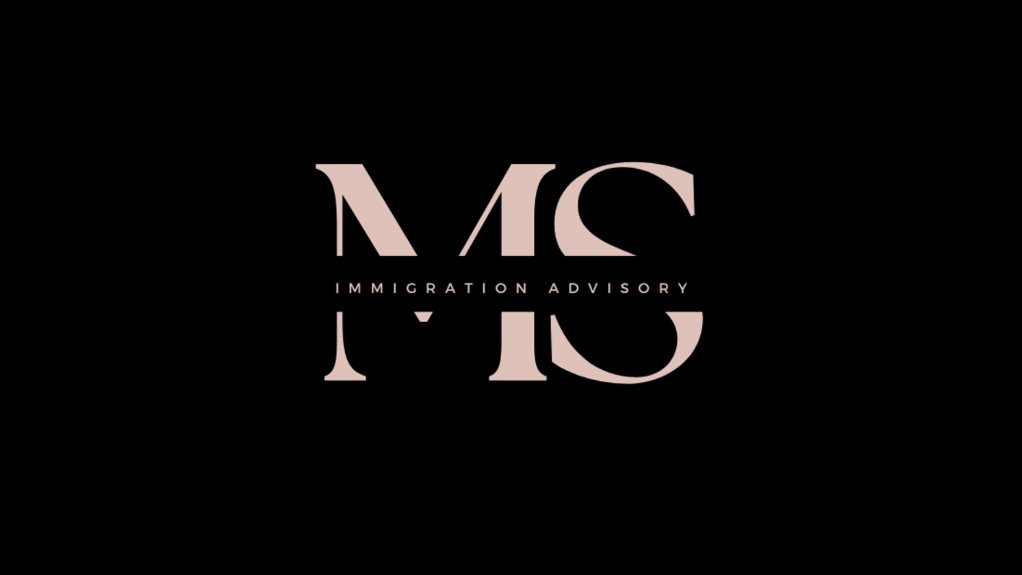South Africa, also known as the "Rainbow Nation," is a country that has a rich history and diverse culture. It is home to people of various ethnicities, religions, and languages. With its beautiful landscapes, vibrant cities, and booming economy, it is no surprise that many people from around the world are drawn to this country. However, with the increasing number of immigrants, South Africa is facing numerous challenges. In this article, we will explore the growing immigration challenges in South Africa and their impact on both the country and its people.
One of the main challenges faced by South Africa is the issue of illegal immigration. The country's porous borders make it easy for people to enter illegally, leading to a large number of undocumented immigrants. According to a report by the Pew Research Center, there were an estimated 2-million undocumented immigrants living in South Africa in 2017. This number has likely increased in recent years.
Illegal immigration poses various problems for the country. Firstly, it puts a strain on resources such as healthcare, education, and housing. Undocumented immigrants often do not have access to these services, and this burden falls on the government and taxpayers. As a result, public services meant for citizens may become overcrowded and underfunded.
Illegal immigration also has an impact on the job market. With a high unemployment rate of 30%, South Africa's citizens already struggle to find employment opportunities. The presence of undocumented immigrants willing to work for lower wages can result in locals being overlooked for jobs. This can lead to increased tensions between immigrants and citizens and create a sense of resentment towards foreigners.
Furthermore, illegal immigration also contributes to crime rates in the country. With no official records or documentation, it becomes easier for criminals to hide among the undocumented population. This also makes it challenging for law enforcement agencies to track and monitor criminal activities. As a result, there have been instances of increased crime in areas with a high concentration of immigrants, leading to safety concerns for both citizens and immigrants.
Another challenge facing South Africa is the issue of xenophobia. Xenophobia is the fear or hatred of foreigners and often manifests in acts of violence and discrimination towards immigrant communities. In recent years, South Africa has seen numerous cases of xenophobic attacks, mainly targeting African immigrants from other countries such as Nigeria, Zimbabwe, and Somalia.
The root cause of this issue can be traced back to the country's history of apartheid, where the government created divisions between different racial groups. As a result, many South Africans still struggle with accepting and welcoming people from diverse backgrounds into their communities. This has a negative impact on social cohesion and can create a hostile environment for immigrants.
Xenophobia not only affects the targeted immigrant communities but also has economic implications for the country. Many businesses owned by immigrants have been looted or destroyed during these attacks, resulting in financial losses and job losses. This not only affects the livelihoods of immigrants but also impacts the economy as a whole.
Furthermore, the increase in immigration has also put pressure on South Africa's asylum system. The country has been a popular destination for refugees seeking safety from conflicts and persecution in their home countries. However, with limited resources and capacity, the asylum system struggles to process the growing number of applications. This leads to long waiting periods for asylum seekers and can result in them living in limbo without access to basic services.
The influx of refugees also poses challenges for the government in terms of integration and social cohesion. Many refugees come from different cultural backgrounds and may face difficulties adapting to life in South Africa. This can lead to tensions between refugee communities and locals, further exacerbating issues such as xenophobia.
Moreover, South Africa's immigration policies have also been a topic of concern. The country's visa requirements are often criticized for being complex and time-consuming. This can discourage potential investors, entrepreneurs, and highly skilled workers from choosing South Africa as their destination. As a result, the country could miss out on opportunities for economic growth and development.
In recent years, there have been efforts by the government to address some of these challenges. The Department of Home Affairs has implemented stricter border control measures and has begun to crack down on illegal immigration. However, more needs to be done to address the root causes of these issues and find sustainable solutions.
One potential solution is to improve the country's economy and create more job opportunities for both citizens and immigrants. This could reduce the incentive for people to enter the country illegally and also ease tensions in the job market. The government can also work towards creating a more welcoming and inclusive society by promoting diversity and educating people about the benefits of immigration.
In conclusion, South Africa is facing various immigration challenges that require immediate attention. These challenges not only affect the country's economy but also have a significant impact on its people. As a nation built on diversity, it is essential for South Africa to address these issues and find ways to create a more inclusive and harmonious society for all its inhabitants. Only then can it truly live up to its name as the Rainbow Nation.
Written by Moeketsi Seboko, Director, MS Immigration Advisory
EMAIL THIS ARTICLE SAVE THIS ARTICLE ARTICLE ENQUIRY FEEDBACK
To subscribe email subscriptions@creamermedia.co.za or click here
To advertise email advertising@creamermedia.co.za or click here











